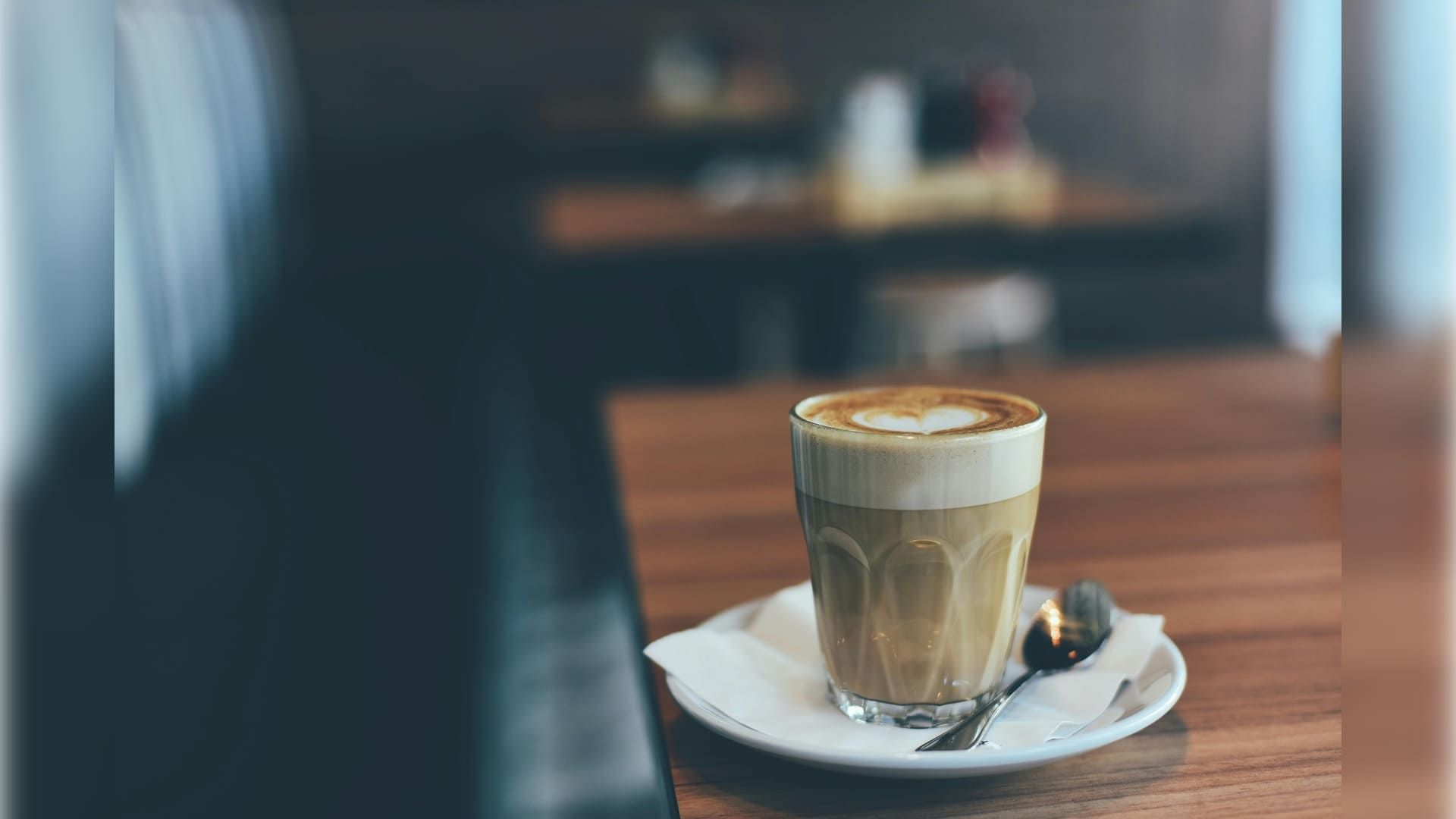How to Stop Caffeine Jitters Fast: Calm Your Body After Too Much Coffee

Sarah Johnson, MD

Have you ever had too much coffee and felt your heart race, your hands shake, or your mind spin? That sudden rush can make you feel bad very quickly, leading to the unpleasant experience of caffeine jitters and brain fog.
Common signs of caffeine jitters include:
- Racing heartbeat
- Shaky hands or trembling
- Restlessness or irritability
- Muscle tension or stiffness
- Feeling anxious or mentally overstimulated
Many of us rely on caffeine for a quick energy boost. But the side effects - like caffeine jitters - can feel worse than the fatigue itself. Learn how to stop caffeine jitters, calm your body, and discover strategies for boosting mood without caffeine to avoid this cycle altogether.
What Are Caffeine Jitters and Why Do They Happen?
Caffeine is a stimulant. It blocks adenosine, a brain chemical that promotes relaxation. This triggers a surge of adrenaline. This overstimulation sends your nervous system into overdrive, leading to symptoms like jitters from caffeine, restlessness, and muscle tension.
Common symptoms include shakiness and a rapid heartbeat. The amount that causes this varies per person. Understanding caffeine and jitters is the first step to managing them.
Understanding caffeine and jitters is the first step to managing them. If you want to explore the link between caffeine and stress, this guide can help you see the full picture.

Immediate Ways to Stop Caffeine Jitters
Your goal is to combat caffeine jitters quickly. First, do not consume more caffeine. Let your body process what it has. Eating food can slow caffeine absorption. Choose a snack rich in fiber and protein. Use deep breathing, one of the most effective relaxation techniques, to calm your nervous system. Inhale for four counts, exhale for six. Repeat until your body begins to release tension.
A brief, gentle walk can also help. Light activity uses the extra energy and helps metabolize caffeine faster. This is a key method for how to get rid of caffeine jitters.
If physical tension lingers, massage therapy can help release tight muscles and ease residual effects of caffeine overload. If your anxiety feels overwhelming after too much caffeine, talking to an AI Mental Health can help you manage the emotional side of overstimulation.
Some people notice that caffeine makes their body feel tight or rigid — if this sounds familiar, here’s what to do when your body feels tense. Others may reach for snacks as a calming habit — but there are better ways to cope with stress eating triggered by overstimulation.
How to Prevent Caffeine Jitters in the Future
Prevention is the best way to stop jitters from caffeine. Know your personal caffeine tolerance and track your intake. A coffee shop drink might have more than you think.
Choose lower-caffeine options, such as half-caf blends or green tea, which offer gentle alertness without the intense jitters from caffeine.
Avoid caffeine on an empty stomach. Food acts as a buffer, slowing its effects. Space out your consumption throughout the day. This avoids overwhelming your system and helps combat caffeine jitters.
Mindful Caffeine Consumption:
Staying Energized Without the Crash
Mindful habits prevent caffeine jitters. Always pair your coffee with a glass of water. Hydration supports your body’s natural processes. True energy comes from consistent sleep and balanced nutrition. Consider alternatives like green tea or matcha for a gentler boost. Their L-theanine promotes calm alertness.
Herbal teas and decaf blends are excellent caffeine-free alternatives to help prevent jitters and promote calmness.
FAQ: Your Caffeine Jitter Questions Answered
How long do caffeine jitters last?
They typically peak within an hour. Most effects fade in 3-6 hours.
Can water or food help reduce caffeine faster?
Yes. Food slows absorption. Water helps your liver process caffeine.
Do some people never get jitters?
Yes. Genetics determine sensitivity. Regular users may build a tolerance.
Is it dangerous to have caffeine jitters?
For most, it’s just uncomfortable. Extreme symptoms need medical attention.
Enjoy Your Coffee Without the Shakes
It’s normal to experience jitters from caffeine sometimes. The key is moderation and mindfulness. Knowing how to stop caffeine jitters puts you in control. Use these strategies to enjoy your coffee’s boost without the crash.














